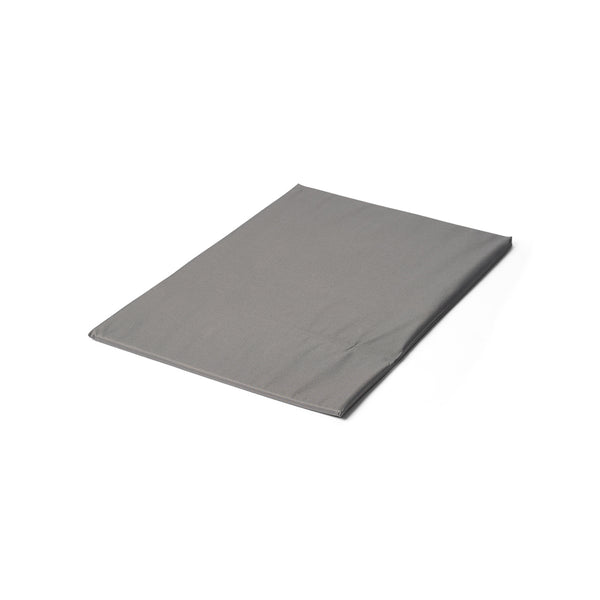Here is everything you need to know about recognizing, treating and preventing Salmon Poisoning Disease in dogs.
What is Salmon Poisoning Disease?
Salmon Poisoning Disease (SPD) is a bacterial infection in dogs. This infection can occur when a dog eats raw or undercooked salmon (salmonid fish), trout, steelhead, or Pacific Giant Salamanders infected with a fluke (parasitic flatworm) called Nanophyetus salmincola. This parasite is generally harmless to dogs, unless it is infected with a bacteria called Neorickettsia helminthoeca. After eating raw salmonid fish or salamander, infected flukes embed in the dog’s intestines, allowing the bacteria to enter the blood stream and spread to the organs.
Salmon Poisoning Disease is most commonly seen in the Pacific Northwest region- Washington, Oregon, northern California, and southern Vancouver Island in Canada. The disease is mainly seen in domestic dogs, coyotes, wolves, and foxes. Humans do not develop salmon poisoning, but may develop mild gastrointestinal signs.
What are the signs of salmon poisoning in dogs?
Signs of salmon poisoning are typically seen within a week of the dog eating infected raw or undercooked salmonid fish.
Common signs of salmon poisoning include:
- loss of appetite
- vomiting
- diarrhea
- fever
- weakness
- enlarged lymph nodes
- sudden weight loss
- discharge from eyes or nose
- increased respiratory rate
- increased heart rate
- muscle tremors and seizures
How is Salmon Poisoning Disease diagnosed?
To diagnose salmon poisoning, a veterinarian often performs blood work to evaluate hydration, blood cell counts and organ function. A sample of the enlarged lymph nodes may be obtained to confirm the diagnosis under microscope, as bacteria can be seen within the cells of the lymph node.
Finding eggs of the fluke in a dog’s stool sample is also highly suggestive of salmon poisoning when a dog shows the common symptoms.
How is Salmon Poisoning Disease treated?
Thankfully, salmon poisoning is treatable if it’s caught in time. Once treatment has been started, most dogs show dramatic improvement within two days and fully recover from this disease. SPD treatment consists of prescribing antibiotics and medications to control the bacterial infection and kill the flukes.
Dogs with severe signs may require hospitalized care including intravenous fluids, anti-nausea medications, anti-diarrheal medications, or even blood transfusions. Early diagnosis and treatment are crucial to a successful outcome. If untreated, death usually occurs within fourteen days of consuming infected fish.
Unfortunately, if your dog does get salmon poisoning, these resulting veterinary bills can be very expensive. This is one of the many reasons why it is important to take preventative measures against salmon poisoning. Additionally, there are other precautions that many dog owners take to protect their pups, such as investing in pet insurance to provide them with the best medical treatment.

How to protect your dog from Salmon Poisoning Disease
In many cases of Salmon Poisoning in dogs, the dog had found an infected fish carcass on the beach and either carried it around or rolled in it. If you're in the Pacific Northwest, be extra attentive to your dogs as they wander around bodies of water. Do not allow your dog to eat raw fish or amphibians. Restrict access to areas where fish or salamanders may be disposed of, such as trash cans and fishing docks. Be mindful of raw fish parts when fishing around your pups.
This information is not meant to be a substitute for veterinary care. Always follow the instructions provided by your veterinarian.
Photo Source: Getty Images Signature
Sources:
https://vcahospitals.com/know-your-pet/salmon-poisoning
https://www.vetmed.wsu.edu/outreach/Pet-Health-Topics/categories/diseases/salmon-poisoning














